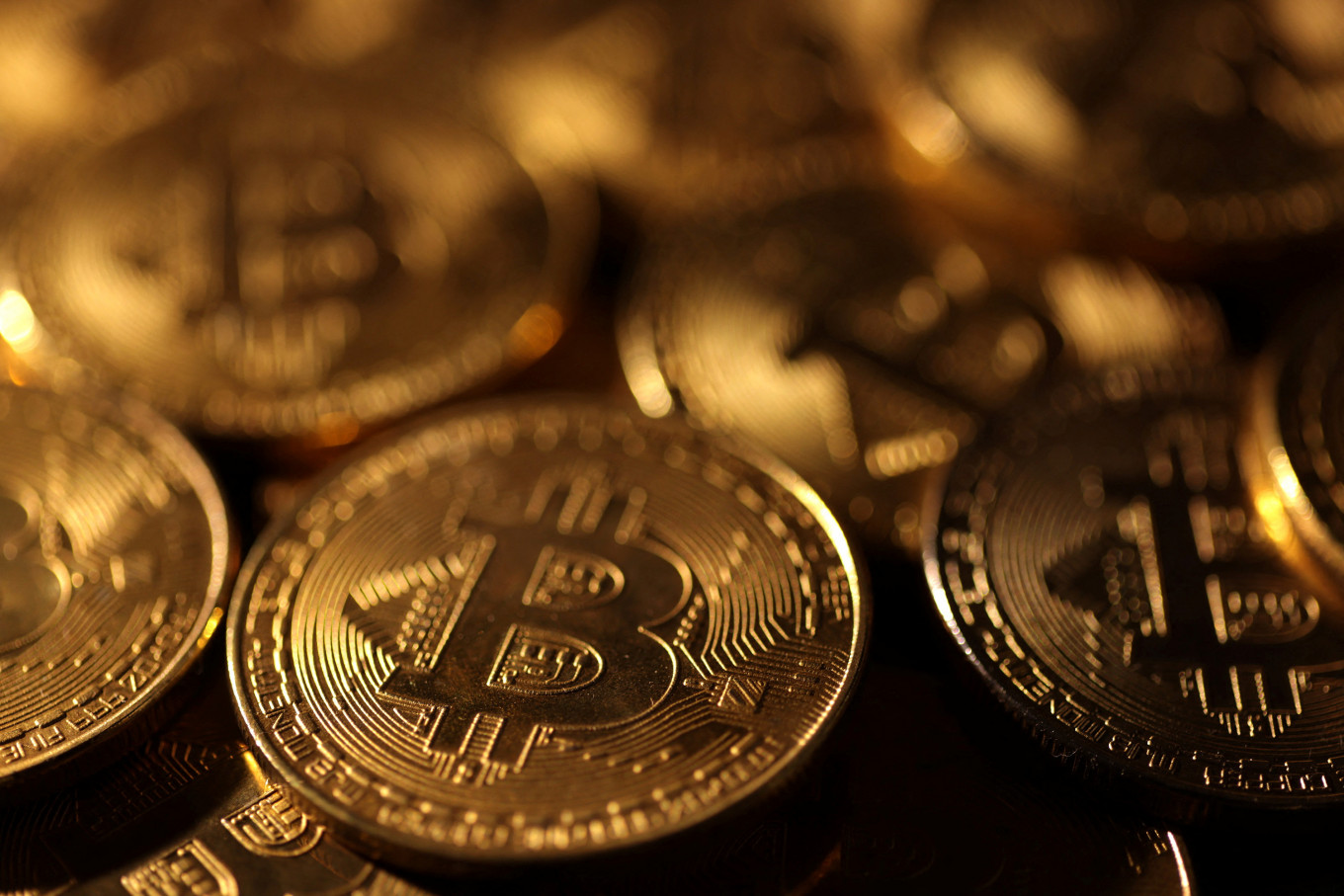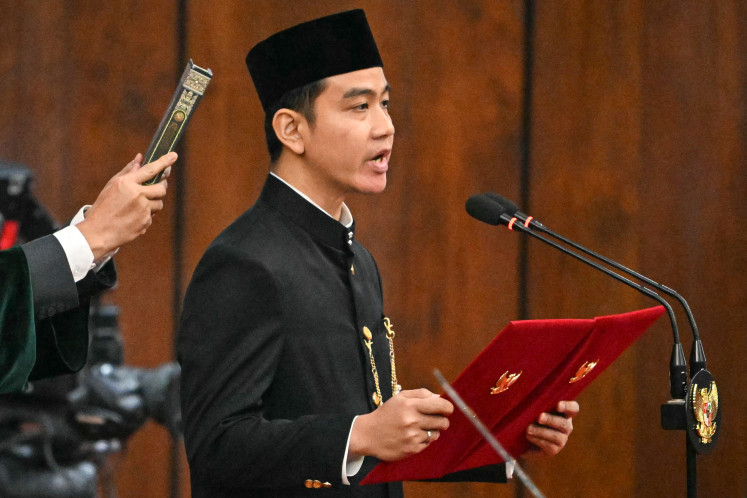Is effective crypto regulation finally coming?
The US may finally be nearing meaningful crypto regulation amid shifting politics and global pressure.
Change text size
Gift Premium Articles
to Anyone
 Representations of cryptocurrency Bitcoin are seen in this illustration photo taken on Nov. 25, 2024. (Reuters/Dado Ruvic)
Representations of cryptocurrency Bitcoin are seen in this illustration photo taken on Nov. 25, 2024. (Reuters/Dado Ruvic)
A
couple years ago, the Atlantic Council published a report highlighting the remarkable global diversity of attitudes toward cryptocurrencies, which were generally legal in 45 countries surveyed, partly banned in 20 and completely banned in ten.
The same diversity of opinion can be found today within the United States Securities and Exchange Commission (SEC). The new chairman, Paul Atkins, is an enthusiast who previously chaired a crypto industry group, while the remaining Democratic commissioner, Caroline Crenshaw, has inveighed against the SEC’s new “crypto-friendly” perspective. She decries the agency’s decision to abandon what she sees as well-founded enforcement actions against firms in the sector. Atkins’s more permissive approach, she argues, will end in tears.
These sharp differences, as well as a territorial dispute between the SEC and the Commodity Futures Trading Commission (CFTC), have held up moves to create a stable regulatory framework for the industry in the US. While the SEC has taken the view that cryptocurrencies are akin to securities, the CFTC has sought to characterize them as commodities. Not surprisingly, each agency’s perspective implies that it should be the principal regulator.
But the regulatory logjam may be about to break. For starters, US President Donald Trump has experienced his own Damascene conversion in favor of the industry. Just four years ago, he described Bitcoin as “a scam.” Yet now he and his wife have launched their own memecoins. Though the value of $MELANIA quickly slumped, the president appears to be making billions from his $TRUMP venture, even hosting a dinner for the top buyers.
Trump has used his enthusiastic promotion of the crypto sector to make peace with Silicon Valley. He also has issued an executive order prohibiting the US Federal Reserve from working on a central bank digital currency, which some see as a potential public-sector competitor to private digital offerings.
A second signal is the emerging consensus in Congress, where lawmakers recognize that a robust legal framework for the sector is needed. For example, the Guiding and Establishing National Innovation for US Stablecoins (GENIUS) Act has made good progress in the Senate in recent weeks and now commands a clear majority despite continued opposition from Senator Elizabeth Warren.
The House of Representatives may need more persuading. Ultimately, though, it seems likely that stablecoins will be given a helpful legal wrapper, with workable rules on transparency and asset backing. Standard Chartered estimates that if the legislation passes, the US stablecoin market will expand from its current size of roughly US$240 billion to $2 trillion by the end of 2028. Most of that total would be invested in US Treasuries, providing a helpful boost for an administration with a nasty deficit habit to feed.


















